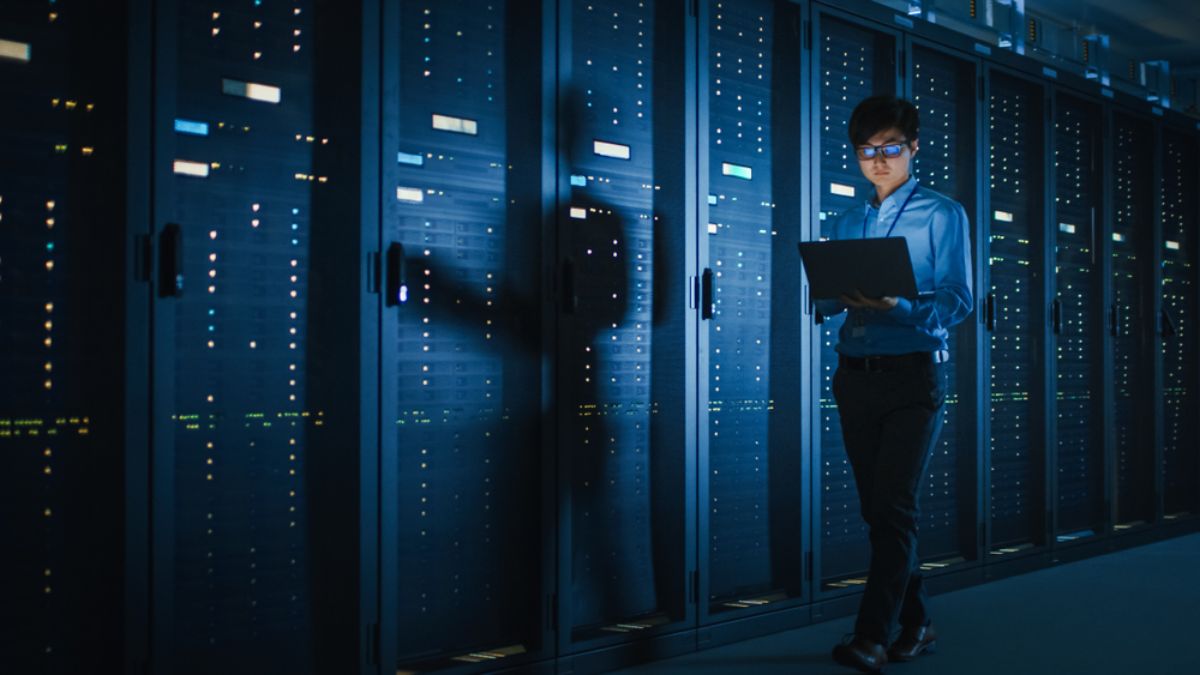


Technology has been rapidly advancing and making rapid inroads in every other industry. The world, especially, stares at a major disruption from artificial intelligence. We have, of course, seen many tech disruptions earlier, but the changes that AI is bringing are very different from what we saw in the past and one can’t remain complacent, say top tech CEOs.
“I strongly believe the business model is ripe for disruption. What we saw in the last 30 years, is a fairly linear scaling of IT services. I think time is already out for the model and today. In the last couple of years, we have been challenging our teams how to deliver twice the revenue with half the people,” said C. Vijaya Kumar, managing director of HCL Technologies.
Salil Parekh, the CEO of Infosys too feels one can’t be complacent anymore. But, he wants AI to be seen as a massive productivity development tool. Also, AI is bringing in new work, which otherwise wouldn’t have been possible, he added.
The two were speaking during the Nasscom Technology and Leadership Summit in Mumbai.
Experts say the pace of change this time is the big difference here and one needed to be more paranoid about the impact AI can have.
Kumar also feels India must build its own language models instead of picking up existing open-source models and building on top of them.
“We should not assume these open source models will continue to be open source. Deep Seek is available, tomorrow it may not be available. Similarly Open AI,” said Kumar.
Some of the existing AI models could very well be used as tools in geopolitics.
Kumar pointed out that to have a long-term competitive advantage it made a lot of sense to build own models.
Apart from AI, the world also faces an uncertain time amid rising trade tensions and US President Donald Trump announcing import tariffs on several countries. Then, there is also the uncertainty around whether there will be more curbs on work visas like H1b.
“There is a view of what is being discussed, that what Trump is doing is benefitting the US ecosystem, maybe through less regulation, maybe through policies that will help the economy. Our view if that is what plays out, is as the economy in the US and western Europe gets stronger, we will see more business from there,” said Parekh of Infosys.
Parekh said over the last few years they have built a more resilient business, especially for the US, with more local staff and delivery centres.
HCL’s Kumar also pointed out that the business environment was becoming more vibrant they had seen demand improving in the last 2-3 quarters.
Furthermore, Kumar stated that for the software services industry as such, the H1b issue is much smaller now than what it was two decades ago as companies have built a lot more local capabilities, in turn depending less on H1b visas.